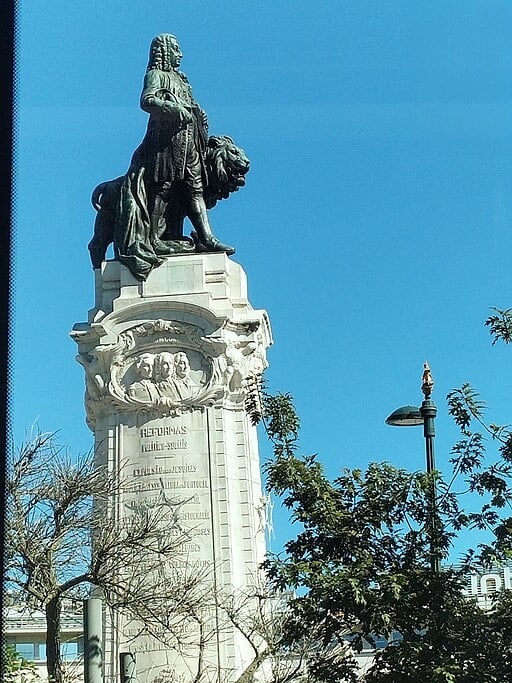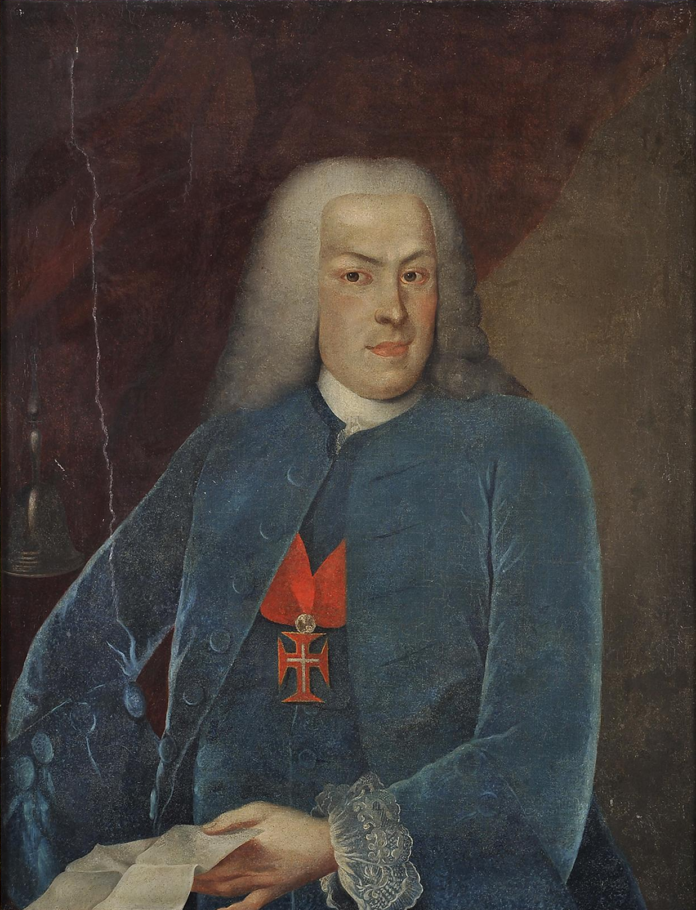Sebastião José de Carvalho e Melo, better known as the Marquis of Pombal, remains one of the most transformative figures in Portuguese history. Born on May 13, 1699, his name is synonymous with reform, resilience, and the rebirth of a nation. His life and career were marked by his unrelenting efforts to modernize Portugal during a period of immense challenges. Here are 11 incredible facts about this extraordinary statesman and his legacy.
1. He came from humble beginnings in the Portuguese countryside.
Sebastião José de Carvalho e Melo was born into a modest family of the minor nobility in Sernancelhe, now a municipality in the district of Viseu. He was the second of three siblings, with an elder brother, Paulo de Carvalho, and a younger sister, Teresa de Carvalho. Growing up in a rural setting, Sebastião’s childhood was shaped by the simple but disciplined lifestyle of his family.
Despite the limited resources, his parents prioritized education, instilling in him a strong sense of duty and ambition. This upbringing, coupled with his sharp intellect, paved the way for his studies at the University of Coimbra, postings in London and Vienna, and his eventual rise to prominence. His formative years in the countryside taught him resilience and pragmatism, qualities that would define his statesmanship. His experiences broadened his worldview and prepared him for the transformative role he would play in Portugal’s history.
2. He was the hero of the 1755 Lisbon Earthquake.
One of Pombal’s most remarkable achievements was his decisive response to the devastating Lisbon earthquake of November 1, 1755. The disaster, which struck on All Saints’ Day, included a massive earthquake, a tsunami, and subsequent fires, leaving much of Lisbon in ruins and claiming tens of thousands of lives.
Pombal, then the Chief Minister of Portugal, took immediate charge of the situation. His famous directive, “Bury the dead and feed the living,” encapsulated his pragmatic approach to crisis management. Under his leadership, the city was quickly cleared of debris, and plans for a modernized Lisbon were implemented. The reconstruction included the creation of the “Pombaline” architectural style, which incorporated some of the world’s first anti-seismic building techniques.
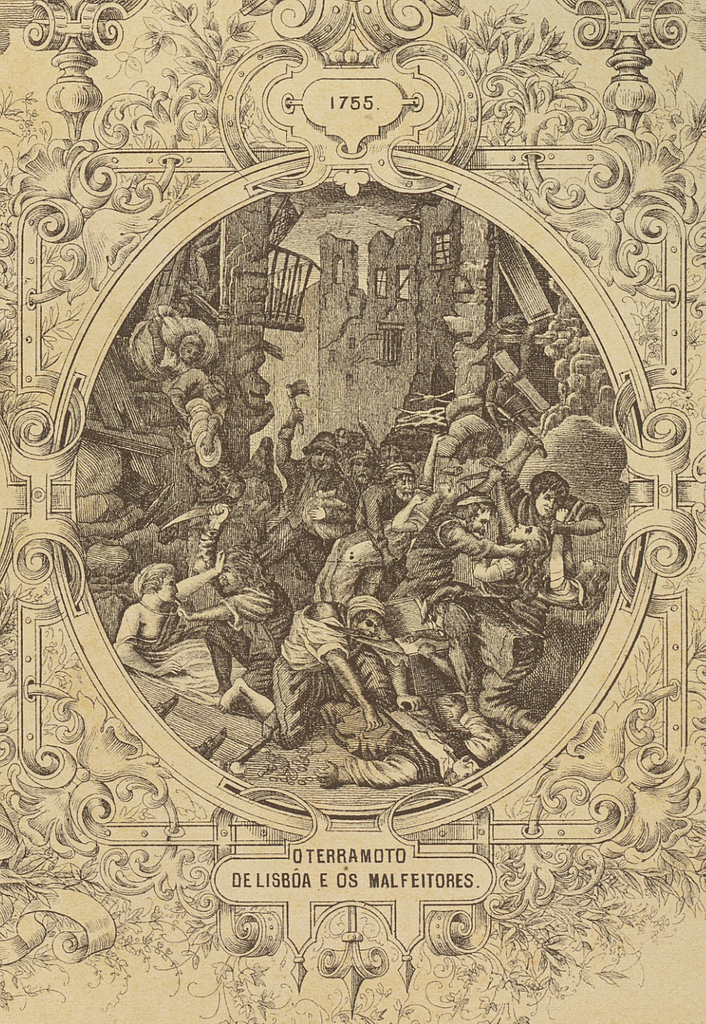
3. He was a visionary urban planner and rebuilt the City of Lisbon.
Pombal’s efforts to rebuild Lisbon after the earthquake extended far beyond mere reconstruction. He envisioned a city that was not only resilient but also functional and beautiful. The new downtown Lisbon, or “Baixa Pombalina,” became a model of urban planning.
Wide streets, standardized building designs, and large public squares characterized the new layout. The use of the innovative “gaiola” (cage) construction method made buildings more earthquake-resistant. This forward-thinking approach set a precedent for urban planning and safety standards worldwide.
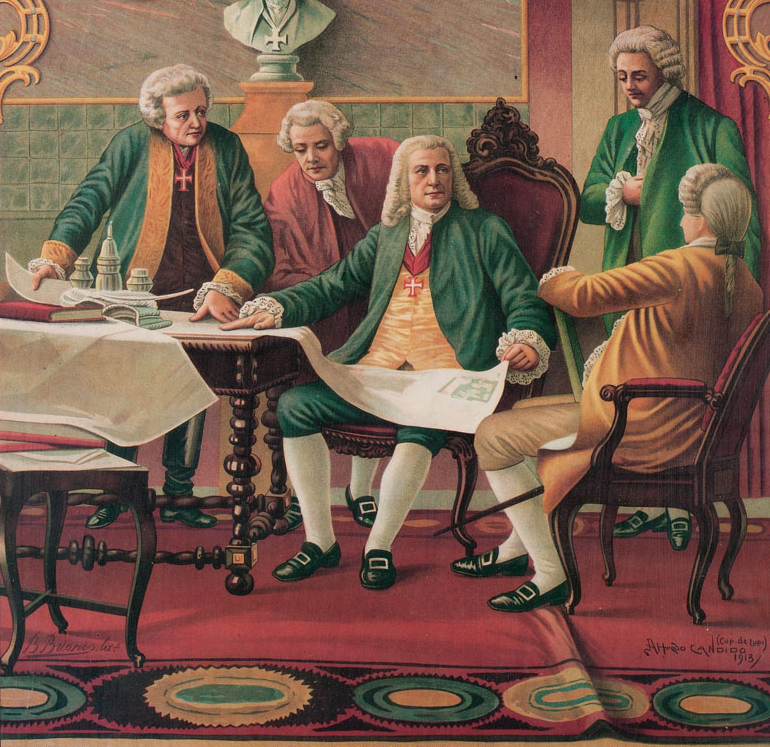
4. He was an economic reformer.
Pombal’s tenure as Chief Minister (1750–1777) was marked by sweeping economic reforms aimed at revitalizing Portugal’s struggling economy. He sought to reduce the country’s dependence on British imports by fostering local industries, particularly in textiles and wine production.
He established the Douro Wine Company to regulate the production and trade of Port wine, which ensured quality control and protected Portuguese winemakers from foreign competition. These reforms not only boosted the economy but also elevated Portugal’s global standing in commerce.
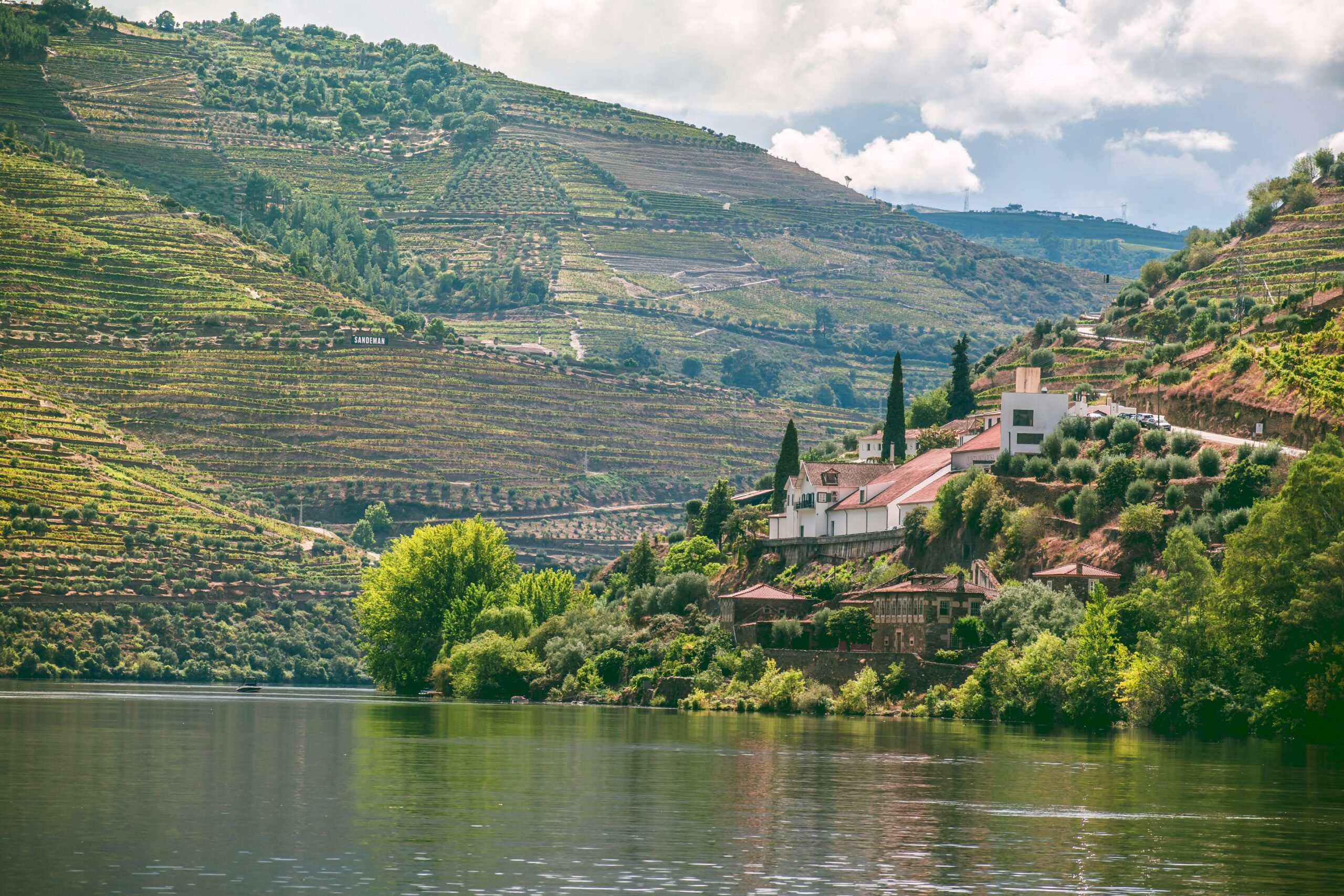
5. He was a champion of education.
Pombal understood that education was key to Portugal’s progress. He implemented extensive reforms to modernize the country’s educational system, which had been dominated by the Catholic Church. By curbing the Church’s influence, he introduced secular education that emphasized science and practical knowledge.
Under his leadership, the University of Coimbra underwent significant reform, becoming a center for enlightenment thought and innovation. Pombal’s focus on education helped lay the groundwork for a more modern and informed Portuguese society.
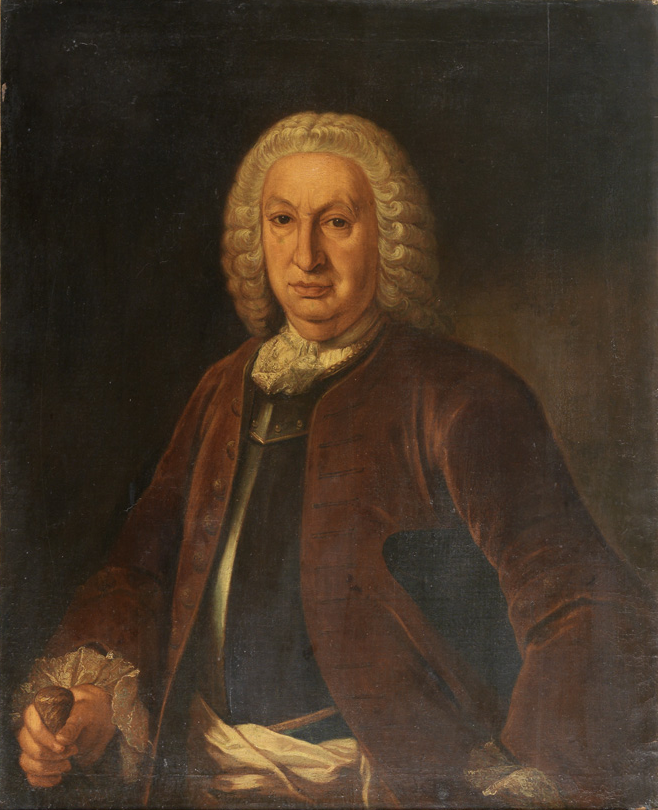
6. He abolished slavery in mainland Portugal.
While slavery persisted in Portuguese colonies, Pombal made a bold move by abolishing slavery in mainland Portugal in 1761. This decision was groundbreaking at a time when the slave trade was a cornerstone of many European economies.
Pombal’s decree was not only a moral stance but also an economic strategy, as he sought to modernize Portugal’s workforce and economy. It demonstrated his commitment to progressive policies and human rights and made Portugal a pioneer in the abolitionist movement.
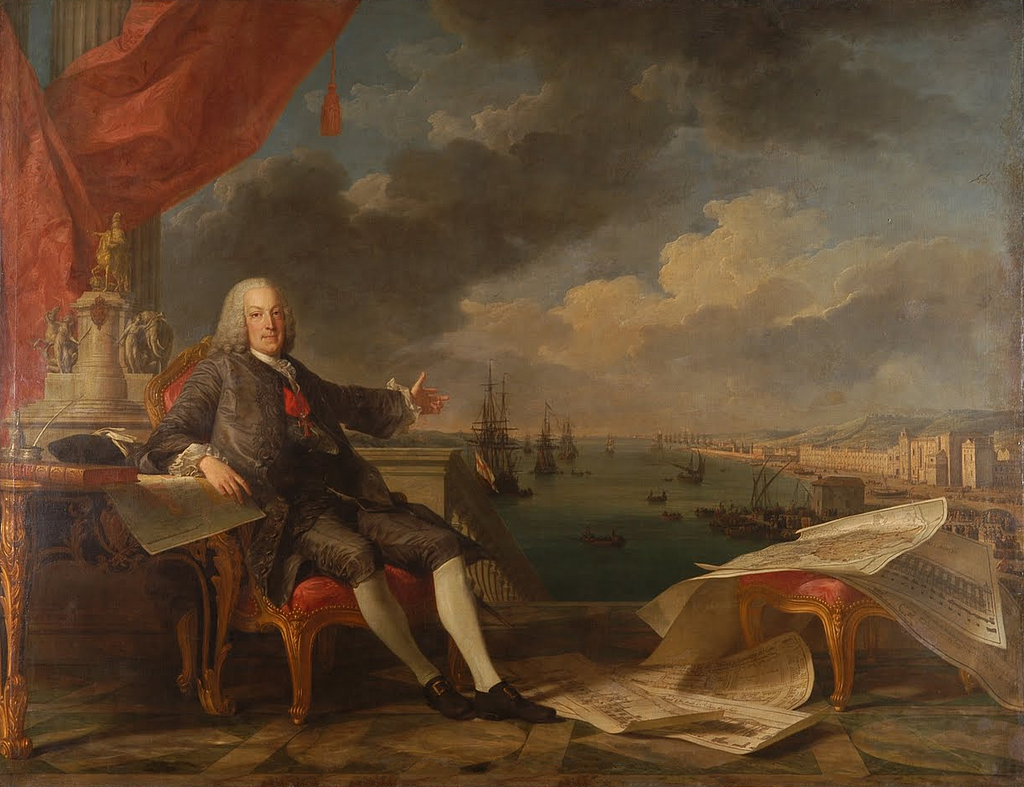
7. He curbed the power of the Jesuits.
The Jesuits, a powerful religious order, wielded significant influence over Portuguese politics, education, and commerce before Pombal’s rise to power. Viewing them as an impediment to progress, Pombal orchestrated their expulsion from Portugal and its colonies in 1759.
This bold move was part of his larger effort to diminish the Church’s control over state affairs. By limiting the Jesuits’ influence, Pombal cleared the path for his reforms and strengthened the monarchy’s authority. His actions aligned Portugal with the broader Enlightenment ideals sweeping through Europe.
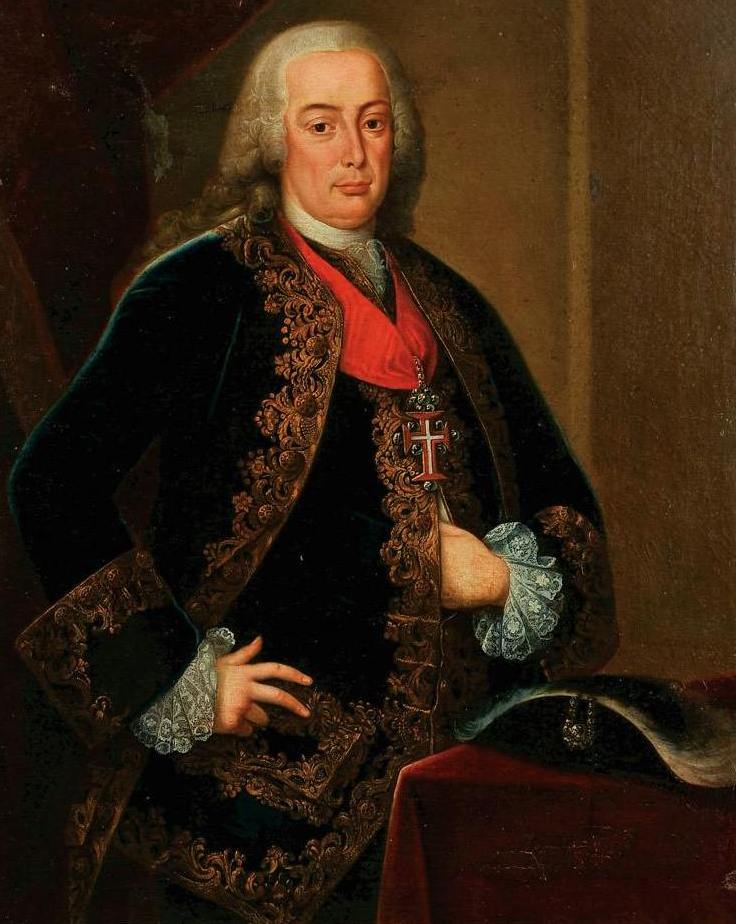
8. He introduced legal and social reforms.
Pombal’s legal reforms were aimed at creating a more just and equitable society. He abolished discriminatory practices against New Christians (converted Jews and their descendants) and granted them equal rights and protections under the law. This policy was revolutionary in a period rife with religious intolerance.
He also reformed Portugal’s tax system, which ensured a fairer distribution of the tax burden. His administrative changes modernized the bureaucracy, which made it more efficient and less corrupt.
9. He was a master of diplomacy.
Pombal’s diplomatic skills were instrumental in maintaining Portugal’s independence and sovereignty during a volatile period in European history. He strengthened alliances with powerful nations like Britain while ensuring that Portugal retained control over its vast colonial empire.
His negotiation skills were evident in the 1763 Treaty of Paris, which ended the Seven Years’ War. Pombal secured favorable terms for Portugal, including the protection of its territorial integrity and colonial interests.
10. He left a polarizing legacy despite his accomplishments.
While Pombal’s achievements were groundbreaking, his authoritarian methods and centralization of power made him a polarizing figure. Critics accused him of being ruthless in his pursuit of reform, often using force to suppress dissent. Notably, his persecution of the Távora family, a prominent noble house accused of plotting against the king, remains controversial.
Despite these criticisms, Pombal’s impact on Portugal is undeniable. His reforms modernized the nation and prepared it for the challenges of the 19th and 20th centuries. Even today, his legacy is celebrated for its transformative influence on Portuguese society, economy, and governance.
11. He was ultimately banished from the City of Lisbon and exiled to his estate.
Pombal’s later years were marked by political downfall. After the death of King Joseph I in 1777, Pombal fell out of favor with the new monarch, Queen Maria I, who opposed many of his policies. He was stripped of his titles and exiled to his estate in Pombal.
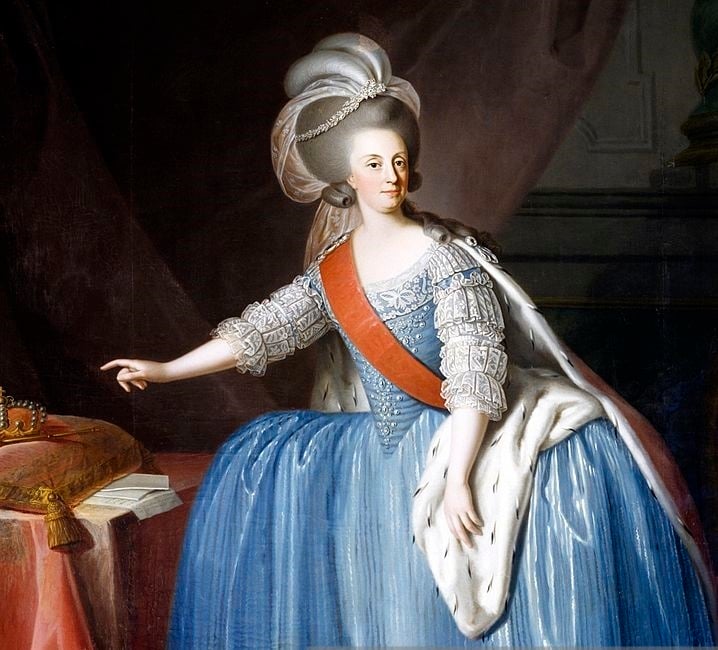
Despite his exile, Pombal remained steadfast in his belief in the reforms he had implemented. He died of leprosy on May 8, 1782 at the age of 82. His death marked the end of an era, but his legacy as a transformative leader endures in Portuguese history.
Final Thoughts
Sebastião José de Carvalho e Melo, the Marquis of Pombal, was a visionary leader whose reforms reshaped Portugal during one of its most challenging periods. From rebuilding Lisbon after the devastating earthquake to implementing sweeping social, economic, and educational reforms, his legacy is a testament to his ingenuity and determination.
Pombal’s story is one of resilience and modernization, a reminder of how strong leadership and forward-thinking policies can transform a nation. His name remains etched in Portuguese history as a symbol of progress and the enduring spirit of a nation that refused to be broken by adversity.
